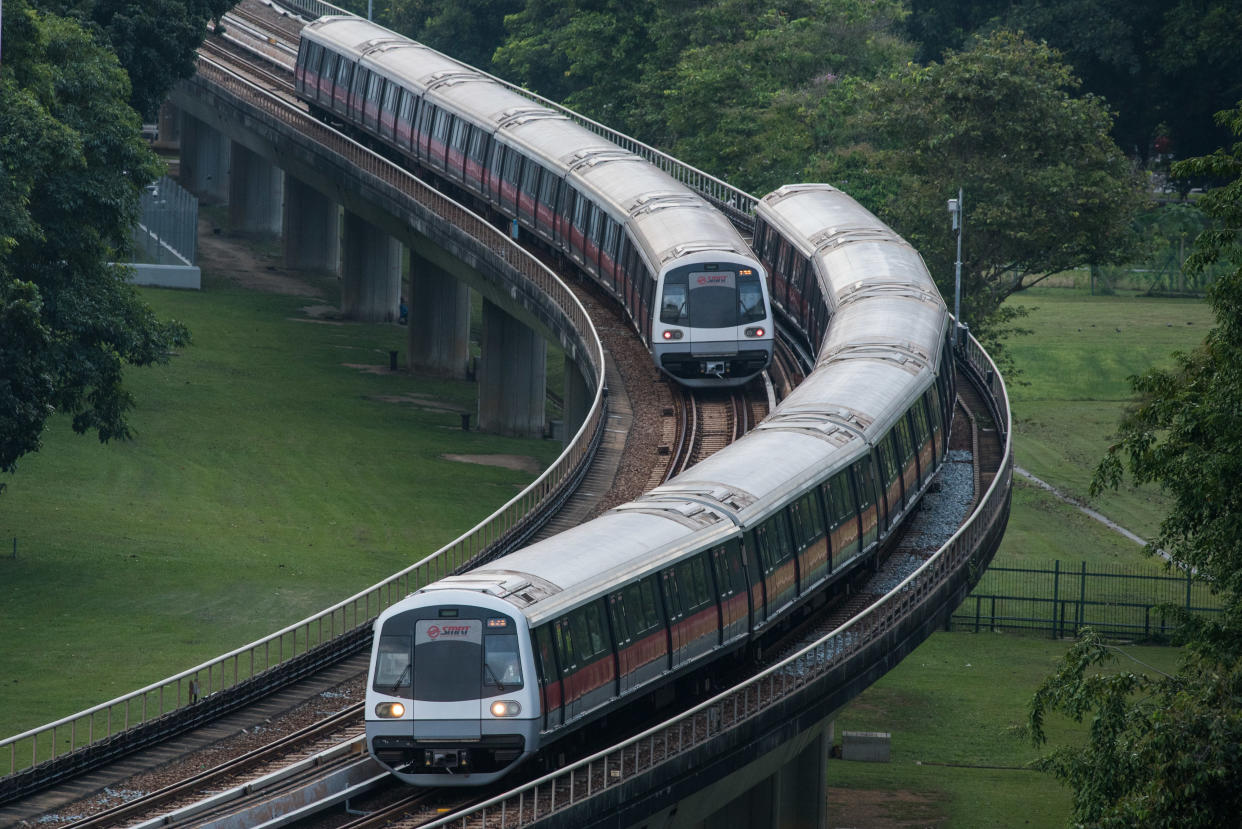Signalling system on North-South Line should stabilise soon: Khaw Boon Wan

The new signalling system on the MRT’s North-South Line should be stabilised “soon”, said Minister for Transport Khaw Boon Wan on Tuesday (1 August).
Khaw was responding in a written reply to a parliamentary question by Murali Pillai on how long the run-in would be for the new signalling system on the North-South Line, and how inconvenience to commuters could be minimised.
SMRT has been hit by a recent spate of train faults and delays, with at least four incidents in July and another string of delays in June. The rail provider also warned that it would need up to six months to stabilise the new signalling system.
Khaw added that an update to the software was installed on 14 July, which promises to address the earlier glitches encountered. “If there are no new surprises, we will be able to move to the next phase of testing as we inject more trains with shorter headways during peak hours,” said Khaw.
Full-scale testing of the East-West Line is expected to begin during the December holiday period, added Khaw. “This assumes that the North-South Line will have stabilised before December,” said Khaw. “This is our current project timeline.”
SMRT and LTA have contingency plans to respond to commuters affected by service disruptions, said Khaw. The two organisations are reviewing plans to further enhance them, he said. These plans include free bus services, deploying additional staff to affected stations and disseminating information on alternative transport options.
“But realistically, buses cannot fully cope with the dislodged passengers from affected trains during peak hour. Our objective remains to avoid delays and disruptions altogether, and to resume normal train service speedily,” said Khaw.
Related articles:


